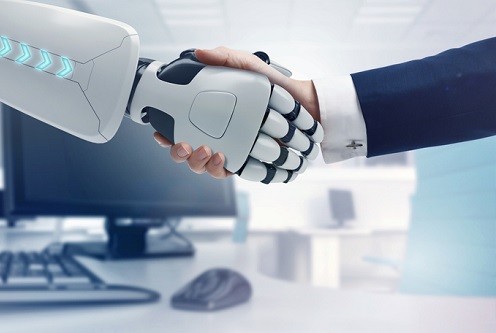A distinguished panel hosted by TIME Magazine affirmed a critical vision for the future of employment, arguing that Artificial Intelligence (AI) should serve as a collaborator to humans in the workplace, rather than a replacement. The discussion focused on shifting the narrative from job elimination to strategic augmentation, ensuring that technological integration enhances productivity and frees employees for higher-value, more creative tasks.

Augmentation Over Automation
Panelists, comprising leaders in technology, economics, and labor policy, were unanimous in emphasizing the need for companies to adopt an “AI-first, human-centric” approach. The core message centered on leveraging AI to handle repetitive, high-volume, and data-intensive tasks. This strategic automation, they argued, does not inherently lead to widespread job loss, but instead necessitates a critical process of reskilling and upskilling the human workforce.

The consensus of the panel strongly pointed toward the emergence of new roles where human capabilities become even more valuable. As AI takes on analytical and transactional duties, the demand for uniquely human skills—often referred to as “soft skills”—will surge.
The panelists identified several key areas as fundamentally human and irreplaceable by current AI technology: Ethical and Moral Reasoning (applying contextual and moral judgment to complex business decisions); Creative Innovation (generating truly novel ideas, concepts, and emotional narratives); and Empathy and Leadership (managing teams, negotiating contracts, and building trust with stakeholders).
The panelists stressed that education and corporate training must immediately adapt to prioritize these competencies, ensuring the next generation of workers is prepared to collaborate with AI seamlessly.
Policy and Ethical Guardrails
The discussion concluded with a call for proactive policy development to manage the transition responsibly. Panelists advocated for governmental involvement in mandating transparency in AI deployment, protecting worker data, and potentially establishing retraining programs funded by a portion of the efficiency gains derived from automation.
By focusing on augmentation and establishing clear ethical guardrails, the experts asserted that societies can successfully harness AI’s immense productivity potential while fostering an inclusive, high-value labor market where human creativity and critical thinking remain indispensable
With additional report: time.com







